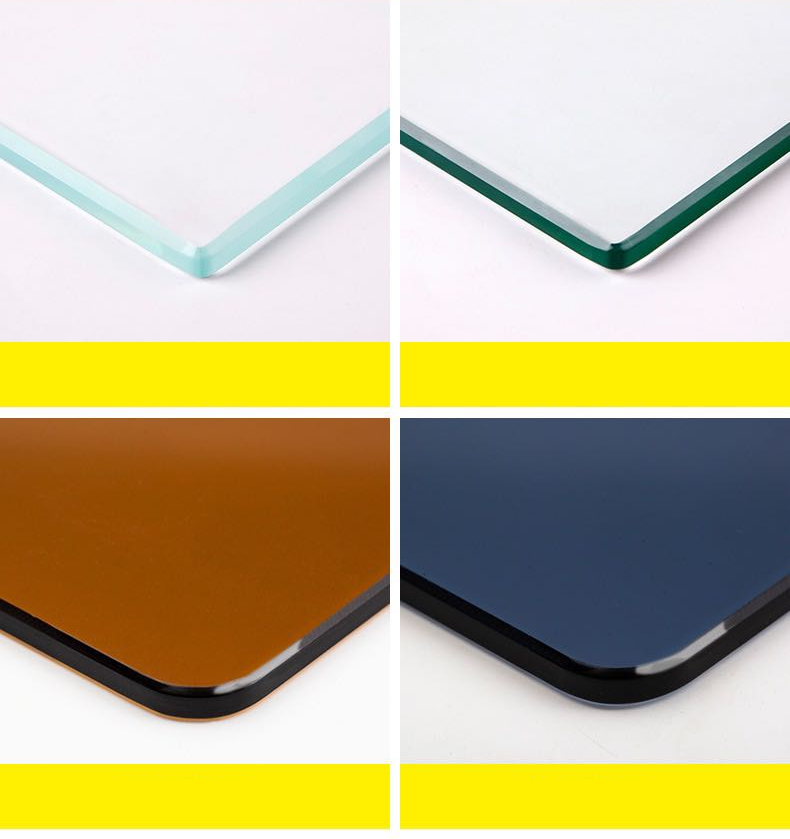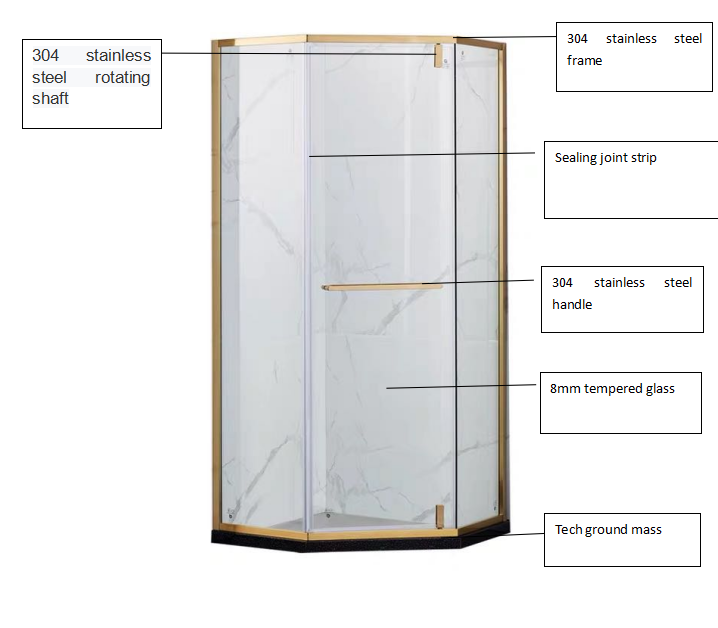When it comes to recycling in the glass industry, there is room for improvement, says Patrick Elmore, the president of business development at Infinite Recycled Technologies.
The U.S. creates around 10 million tons of architectural glass each year. Of that 10 million tons, only about 25% is recycled. Elmore says that, despite its benefits, some in the industry view recycling as a hassle and a costly endeavor. Stalinite Glass

The U.S. creates around 10 million tons of architectural glass each year. Of that 10 million tons, only about 25% is recycled.
Kyle Sword of NSG Pilkington says that for the glass industry to widely adopt recycling, more collaboration is needed.
“If we do it right and work together, a rising tide raises all ships,” he says. “It won’t help us today, but long-term, if we want to have a more sustainable future, glass recycling is going to be a part of that.”
Despite the hesitancy, the U.S. Environmental Protection Agency (EPA) reports that recycling rates overall have increased significantly over the past 15 years. Glass recycling and composting rates, in particular, have jumped from 2% in 1960 to 25% in 2018, per the EPA.
Though as rosy as that picture sounds, those rates pale in comparison to the 99% recycling and composting rates of lead-acid batteries, the 63% recycling rate of yard trimmings and the 68% recycling rate of paper and paperboard.
“The primary reason for that is because landfilling glass is easy and generally inexpensive,” says Elmore. “Companies can throw it in the garbage container and never think about it again. It can also be difficult to find a glass recycling company that handles architectural glass, especially laminated or insulated glass units. There’s also the challenge of training employees to segregate glass from the rest of the garbage and change processes to ensure a clean recycling stream.”
Earlier this year, Infinite Recycled Technology CEO Jeremiah Watson told an audience at a glass industry conference in Long Beach, Calif., that the glass industry can do more to capture the waste that it produces.
Watson says that the glass industry must do more. He challenges the industry to recycle 90% or more of all manufacturing and fabricating waste glass, recycle 50% of glass from demolition, construction and retrofits, and make changes at the point of collection.
“The largest companies in the industry should be the ones that lead the way,” says Watson. “They make the most glass and they create the most glass cullet. Hence, they can be the ones to guide that glass cullet to being recycled versus being landfilled.”
Elmore says that he has seen an increase in large companies taking charge of the push to widely adopt glass recycling. The incentives for that are numerous, he says. They range from increasing green scores, lowering greenhouse emissions, cutting down on the mining of raw materials, lowering the amount of glass waste going to the landfill, increasing bottom lines and bettering the future of our planet.
Watson says that for companies to consider recycling, minor changes are required throughout the fabricating process. This includes not placing all the waste glass into one bin and focusing on logistics.
“In my world, logistics are the difference between a product being reliably recycled and a product being landfilled,” he says.
In a recent survey conducted by USGlass, glass companies were asked to record how important glass recycling is to them. The survey found that 48% of the industry considered glass recycling to be very important and 48% considered glass recycling to be somewhat important. Only 4% stated that glass recycling was not important at all.
Elmore says that recycling is more important today than ever.
“Glass is one of a very short list of items that can be recycled an infinite number of times, making it a must to recycle,” he says. “For those using recycled glass in their process, it lowers CO2 emissions, extends the life of their equipment, lowers their carbon footprint, increases their bottom line and raises their green score.”
This article is from USGNN™, the daily e-newsletter that covers the latest glass industry news. Click HERE to sign up—there is no charge. Interested in a deeper dive? Free subscriptions to USGlass magazine in print or digital format are available. Subscribe at no charge Sign up today.
It is all about the bottom line. The only way a shop can recycle now, is to pay someone to do it. Why would anyone want to PAY to have it recycled? I would be happy to let any of the big manufacturers HAVE it. Just provide me a dumpster and empty it bi-weekly or monthly.
I am the sales manager for Recycle Services, an Ohio based company in Sylvania, OH. We are expanding into other states and can service currently, Indiana, Ohio, Michigan, Tennessee and parts of Georgia. We specialize in glass recycling and would like to talk to anyone interested in recycling their glass. I can be reached at jrichey@recycleservices.net
Your email address will not be published. Required fields are marked *
This site uses Akismet to reduce spam. Learn how your comment data is processed.
Copyright © 2022 USGlass Magazine - Key Media & Research. P.O. Box 569, Garrisonville, VA 22463 540/720-5584 (P) | 540/720-5687 (F) | info@usglassmag.com

Antique Glass Mirror Panels Reproduction of content on this website in any form without expressed written consent of the publisher is strictly prohibited. Publisher accepts no liablity for errors in textual or graphic content and accepts no responsibility for claims made by any advertising placed on this website or its affiliated sites. Opinions and/or comments shared on this website by its visitors are their own and do not necessarily reflect the views of this company or its employees nor does their presence constitute an endorsement. All rights reserved. Read our Privacy Policy.